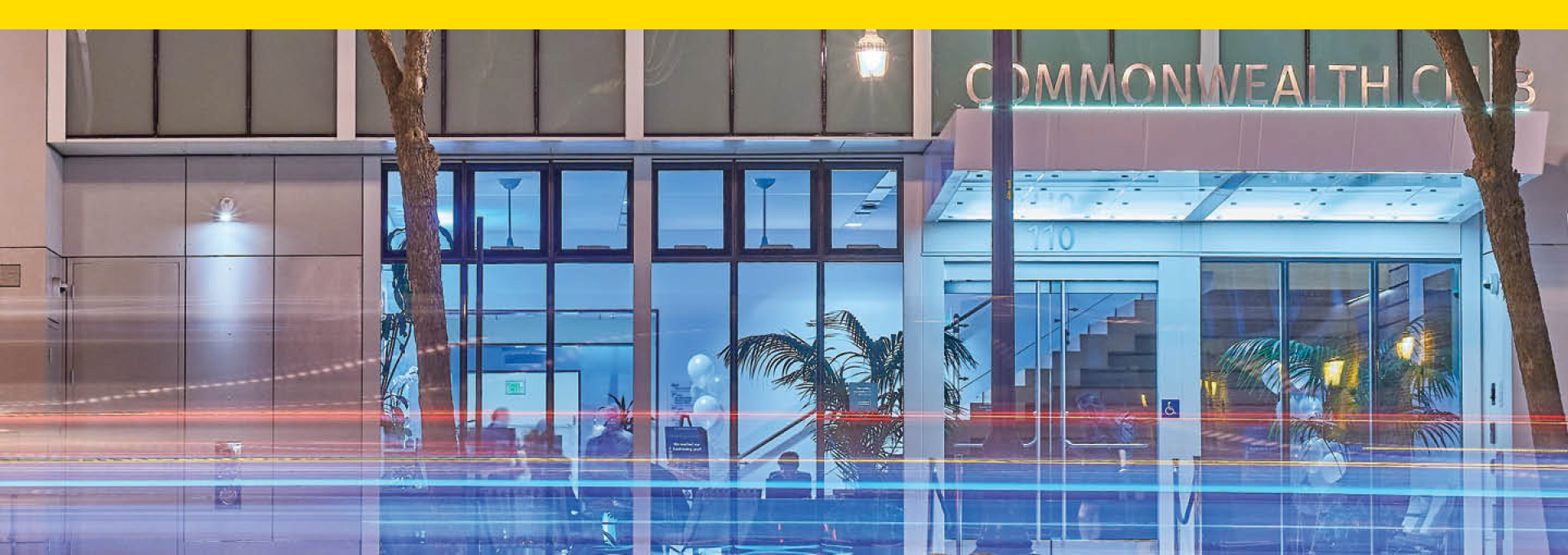San Francisco is a city of contradictions. It is one of the most socially liberal cities in America, but it also has some of the nation’s worst income inequality. It is a playground for tech millionaires, with an outrageously high cost of living, yet it also supports vibrant alternative and avant-garde scenes. So how did the city get this way? San Francisco native Lincoln Mitchell traces the roots of the current situation back to 1978, when three key events occurred: the assassination of Mayor George Moscone and San Francisco Supervisor Harvey Milk occurring fewer than two weeks after the massacre of Peoples Temple members in Jonestown, Guyana; the explosion of the city’s punk rock scene; and a breakthrough season for the San Francisco Giants. Through these three strands, Mitchell explores the rifts between the city’s pro-business and progressive-Left politicians, the emergence of Dianne Feinstein as a political powerhouse, the increasing prominence of the city’s LGBT community, punk’s reinvigoration of the Bay Area’s radical cultural politics, and the ways that the Giants helped unify one of the most ethnically and culturally diverse cities in the nation. Join us for a panel discussion of four leaders who influenced this seminal cultural transformation.
MLF Organizer: George Hammond
MLF: Humanities
Orloff photo by Wayne Goodman

Lincoln Mitchell
Arnold A. Saltzman Institute of War and Peace Studies, Columbia University; Author, San Francisco Year Zero: Political Upheaval, Punk Rock and a Third Place Baseball Team

Art Agnos
Member, California State Assembly (1977–1987); Mayor of San Francisco (1988–1991)

Corey Busch
Former Press Secretary to Mayor George Moscone (1976–1978); Senior Executive, San Francisco Giants (1979–1992)

Louise Renne
Member, San Francisco Board of Supervisors (1978–1986); San Francisco City Attorney (1986–2001)

Alvin Orloff
Songwriter, Jennifer and the Blowdryers; Author, Disasterama! Adventures in the Queer Underground 1977 to 1997



